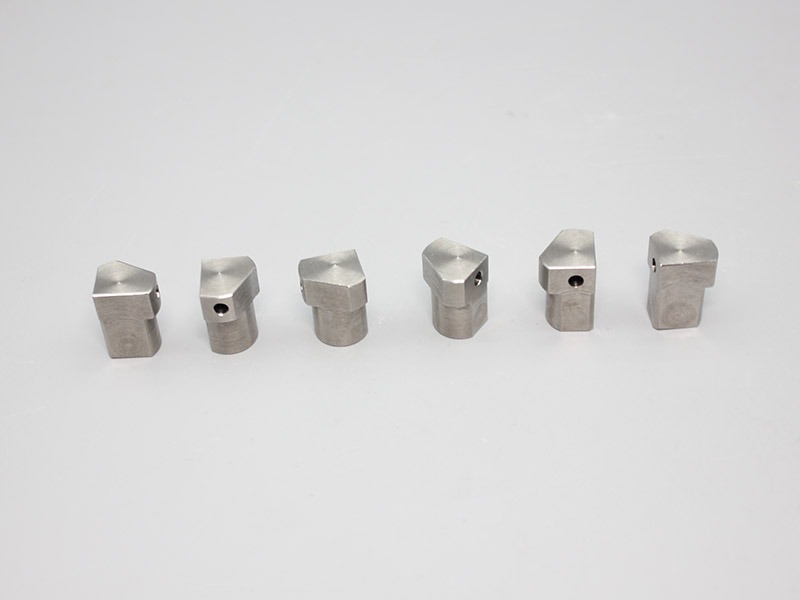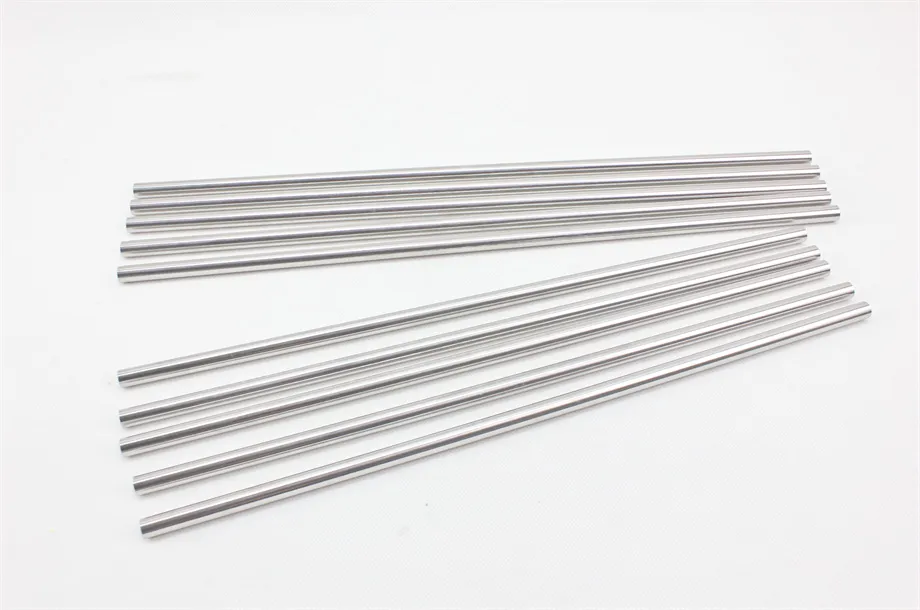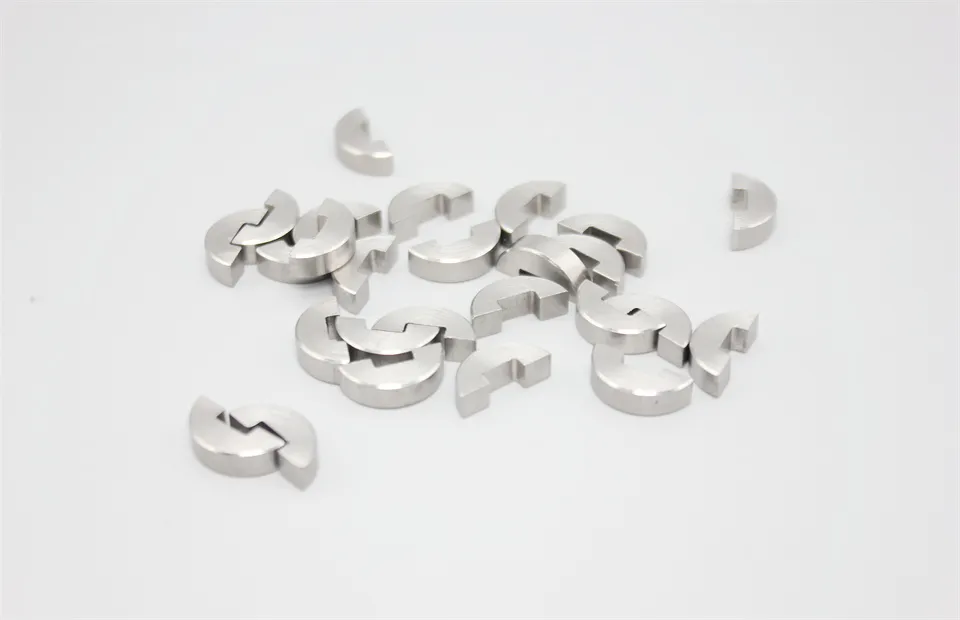Jiuding tungsten heavy alloys gives the advantage of being extremely hard and at the same time readily machinable, thus providing excellent resistance to both wear and impact. It finds application in military, aerospace, and medical industries for parts which are exposed to the forces of vibration, radiation, and so on. The material's uniform density is the reason for predictable behavior which in turn is the basis for engineers to make smaller yet stronger components that will work reliably in difficult operational conditions.

In the oil and gas exploration industry, Jiuding tungsten heavy alloys is utilized in drill collars, logging tools, and downhole weights. Its density provides tool stability and correct placement deep underground. The alloy also exhibits corrosion activity from challenging drilling fluids and high-pressure environments, providing long life and consistent drilling accuracy.

As sustainability becomes a priority, the future of Jiuding tungsten heavy alloys will be related to effective recycling and cleaner production methods. Researchers are focused on identifying ways to recover tungsten from industrial waste while maintaining alloy integrity. In addition, alloy will factor into the design of lightweight energy systems and smart infrastructure requiring mass and strength.

To maintain the functional characteristics of Jiuding tungsten heavy alloys, it is recommended that a periodic inspection for surface wear or deformation be carried out. Non-corrosive solvents work well for cleaning surfaces and maintaining smooth surfaces with appropriate care and function. Contact with strong acids and strong alkalis should be avoided, as these can attack the alloy's protective finish.
Jiuding tungsten heavy alloys is a high-density material that is used in the aerospace, defense, and industrial sectors. Its strength, hardness, and wear resistance make it usable in environments where durability is needed and where weight distribution is compact. Jiuding tungsten heavy alloys offers excellent radiation shielding and thermal stability and continues to perform in high-temperature and high-stress situations.
Q: What are the key mechanical properties of Tungsten heavy alloy? A: Tungsten heavy alloy offers high tensile strength, superior hardness, and outstanding resistance to fatigue, ensuring reliability in harsh environments. Q: How does Tungsten heavy alloy perform under extreme heat? A: It retains structural integrity and strength even at elevated temperatures, making it suitable for high-temperature engineering tasks. Q: Why is Tungsten heavy alloy favored for radiation shielding? A: Its high atomic mass and density allow it to effectively block radiation while maintaining structural strength. Q: Is Tungsten heavy alloy environmentally friendly? A: Yes, it is non-toxic and can be recycled efficiently, making it a sustainable material for long-term industrial use. Q: What are the typical compositions of Tungsten heavy alloy? A: It typically contains 90–98% tungsten combined with nickel, copper, or iron to enhance ductility and machinability.
I’ve used the tungsten jig for months, and its weight balance makes it super easy to control even in deep spots.
The craftsmanship of the tungsten jig is excellent — it reacts quickly to every move of the rod.
To protect the privacy of our buyers, only public service email domains like Gmail, Yahoo, and MSN will be displayed. Additionally, only a limited portion of the inquiry content will be shown.
We are interested in tungsten heavy alloy cylinders for kinetic energy applications. Could you send ...
Do you provide OEM service for tungsten jig? We’d like to customize colors and hook types for our ...

Copyright © Zhuzhou Jiuding Metal Technology Co., Ltd. All Rights Reserved